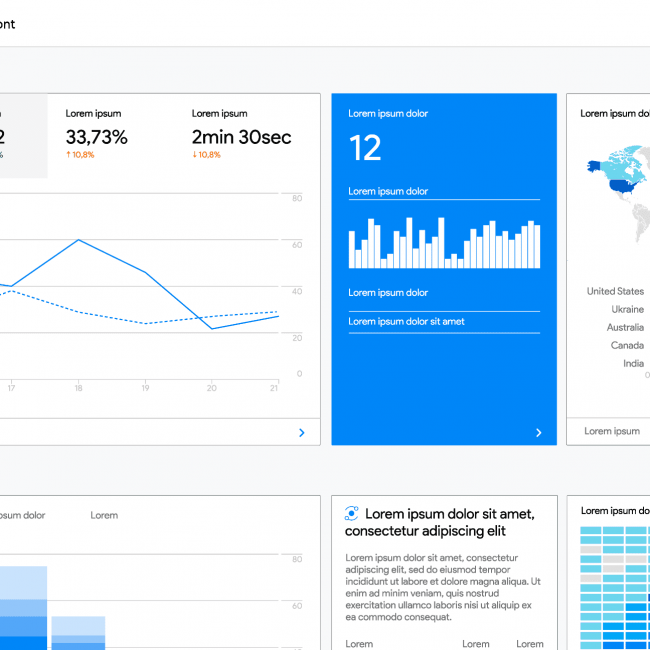Many organisations still rely on legacy systems that are slow, inflexible, and difficult to maintain. These outdated platforms create bottlenecks, increase operational costs, and make it hard to scale or adapt. By selecting and implementing more modern technology, businesses can streamline workflows, improve collaboration, reduce errors, and unlock new opportunities for growth and innovation.
Modern systems are built for speed and stability. Upgrading outdated platforms reduces downtime, improves response times, and ensures teams can work without interruption, boosting productivity across the board.
Contemporary software is designed to connect easily with other tools. This allows businesses to automate repetitive tasks, reduce manual data entry, and keep systems in sync resulting in fewer errors and more efficient processes.
Newer platforms adapt to changing needs. Whether adding new features, supporting remote teams, or scaling operations, modern technology gives businesses the flexibility to grow without being held back by technical debt.
Modern interfaces are more intuitive and easier to use. This reduces onboarding time, increases adoption, and makes everyday tasks more enjoyable and efficient for internal users, leading to higher morale and better output.


